
Welcoming Darkness
Have you ever thought about the reality that almost everything that has life began life in darkness? Giant Sequoias began their life as small seeds nestled into the dark, damp earth. Potatoes and carrots start and finish growing inside the dark earth. You and I, we began life enclosed in the soft, rich, and profoundly dark wombs of our mother’s bellies. As I contemplate all the variety of life that I know of, I can hardly come up with any exceptions to this reality: It is in darkness that growth begins.
The environments we all began in were full of everything we needed to develop and progress. They were nutrient-dense lodgings that infused us with all we needed. Was the darkness a bystander witness to our processes? Or a necessary, intimate part of that development?
 I like believing that darkness is a vital companion in our growth. I like believing that darkness is an insulator, a protector, and space holder for the hard work that is growing. It helps me reframe the sense of foreboding I feel as daylight savings ends and we are officially plunged into the darkness of impending winter. And not to be the harbinger of bad news, but for those of us in the northern hemisphere, we will continue to march toward more darkness until December 21st.
I like believing that darkness is a vital companion in our growth. I like believing that darkness is an insulator, a protector, and space holder for the hard work that is growing. It helps me reframe the sense of foreboding I feel as daylight savings ends and we are officially plunged into the darkness of impending winter. And not to be the harbinger of bad news, but for those of us in the northern hemisphere, we will continue to march toward more darkness until December 21st.
Darkness is the hardest part of winter for me. I can handle cold and wet and ice and snow. It’s the darkness that feels the heaviest to hold.
But maybe darkness isn’t something that weighs me down but rather offers to enfold me? Maybe the darkness isn’t a foe or force that is somehow “against” me, or something to endure. Maybe the darkness is actually a companion and source of potential growth? Maybe it’s in this space that more growth awaits and invites me?
It is cliché but often true, that the most profound growth always happens in the deepest, darkest moments of our lives. Darkness offers us the most beautiful gifts this way. Darkness believes in us and holds us as we do the work that is ours alone to do.
We’ve all heard the quote spoken by Martin Luther King Jr. said, “But I know, somehow, that only when it is dark enough can you see the stars.” Stars are found in the vast galaxies of space. They are far beyond our solar system and realm of existence. We have to be plunged into darkness to find them. In this metaphor, it is the darkness that reveals them. It is in darkness that we connect to these inspiring, expansive sources of wisdom.
Darkness is here. Instead of wishing it away or fighting against it, I am going to let it hold me and invite me toward my work. May we all pass these upcoming months with less suffering in this way. May we be gentle with ourselves and be held in the darkness that encourages our growth. May we all look up on cold, dark winter nights and breathe in the stars revealed to us.

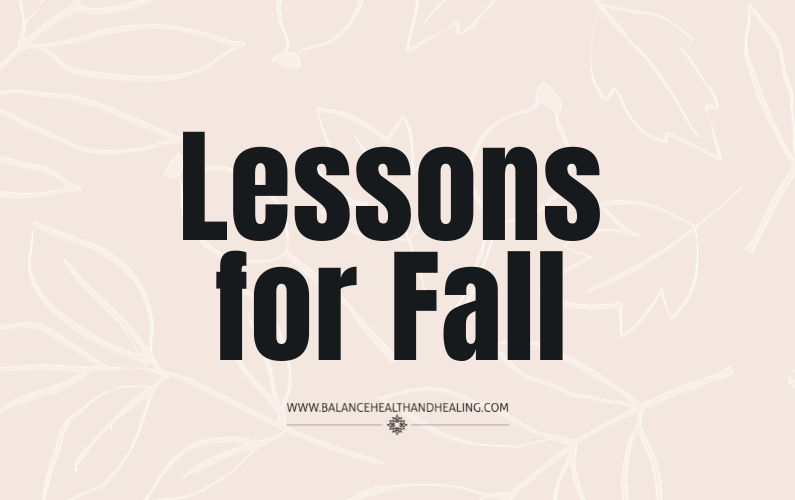
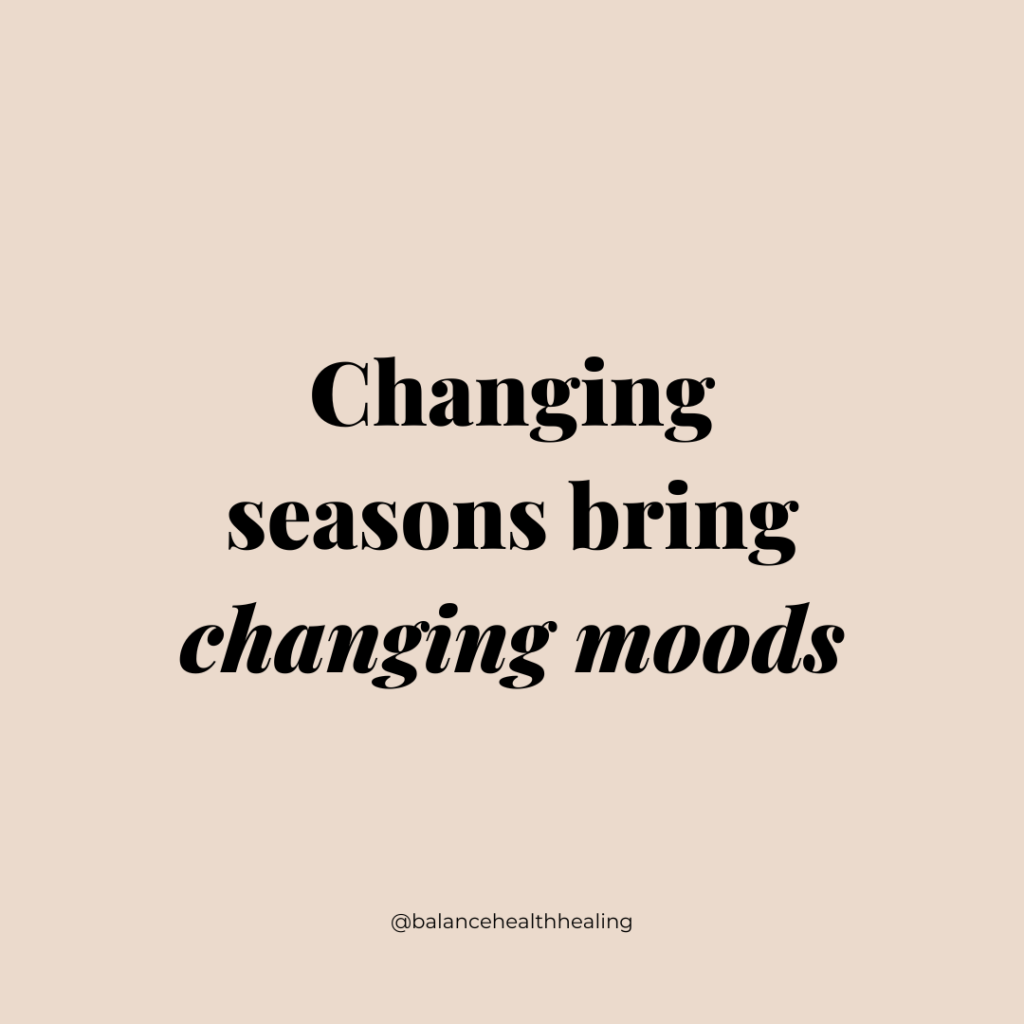
 programmed to have daily rhythms, it makes sense to me that we have annual rhythms. I believe there is beautiful intuition to noticing how the foods we crave change throughout the year, turning in the winter towards more hearty, comforting, and warm foods. I also organically want to sleep longer, which makes sense with less sunlight, but I also think holds an intuitive piece to it. I mean, honestly, who of us wouldn’t benefit from more sleep?! This is a time of year when the invitation is really clear to tune into what our bodies need and honor the soft call towards more rest.
programmed to have daily rhythms, it makes sense to me that we have annual rhythms. I believe there is beautiful intuition to noticing how the foods we crave change throughout the year, turning in the winter towards more hearty, comforting, and warm foods. I also organically want to sleep longer, which makes sense with less sunlight, but I also think holds an intuitive piece to it. I mean, honestly, who of us wouldn’t benefit from more sleep?! This is a time of year when the invitation is really clear to tune into what our bodies need and honor the soft call towards more rest.
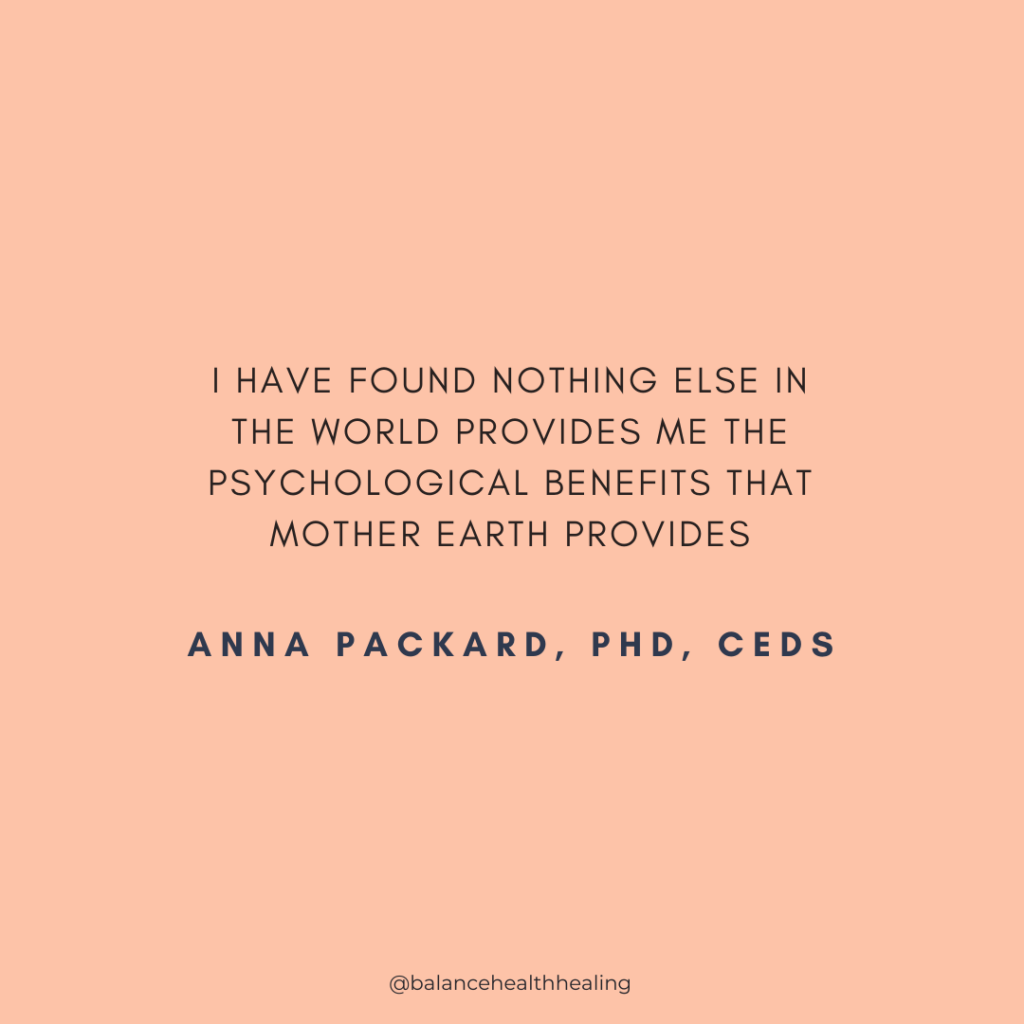
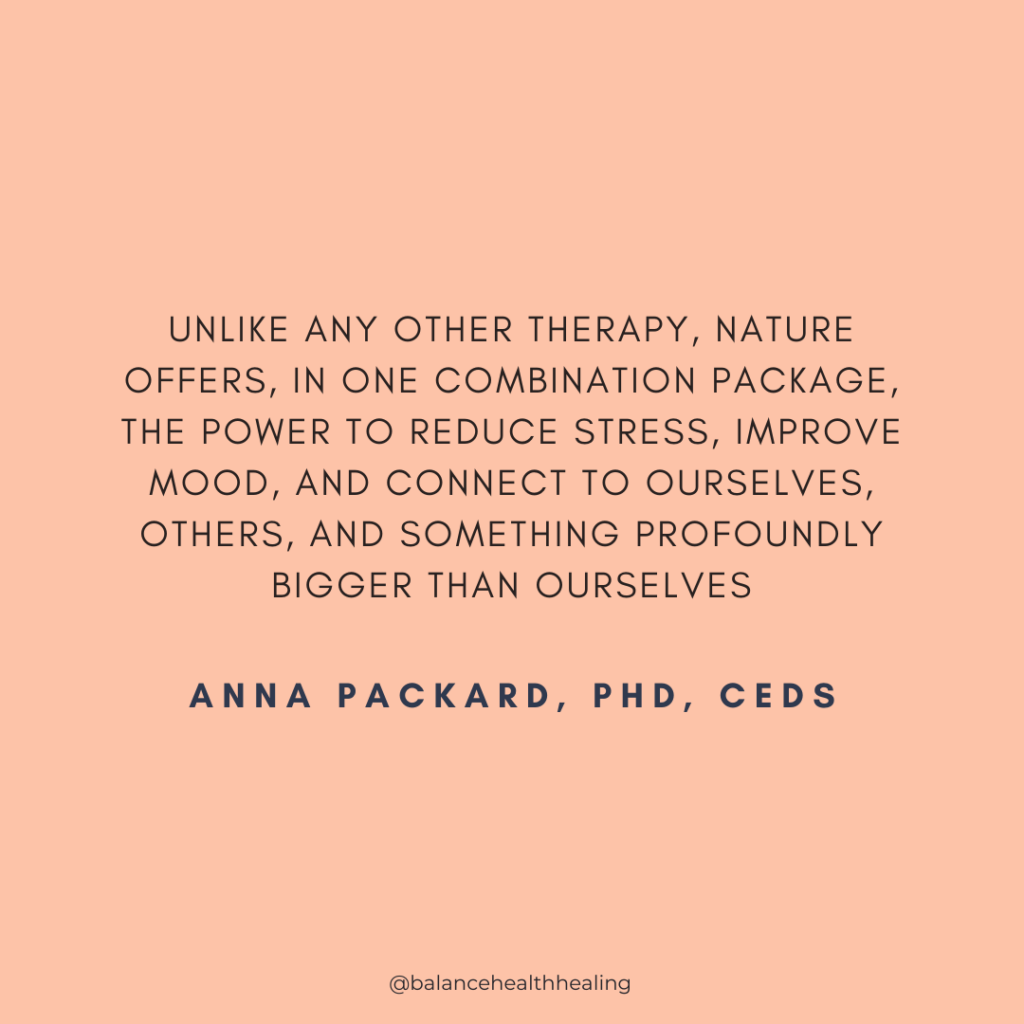
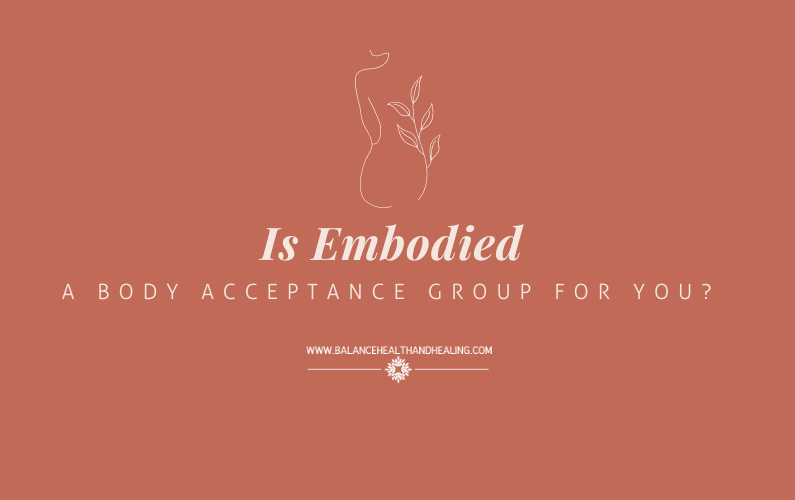



 Summer can also be hard for individuals with eating and body image concerns for obvious reasons: more of ourselves are
Summer can also be hard for individuals with eating and body image concerns for obvious reasons: more of ourselves are 